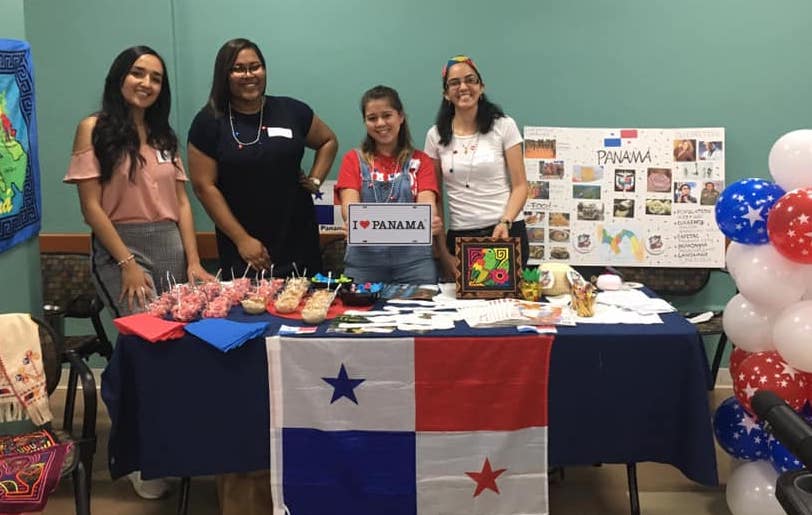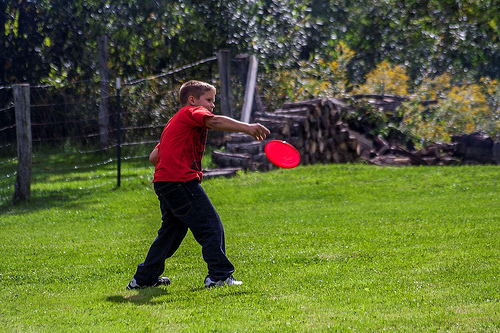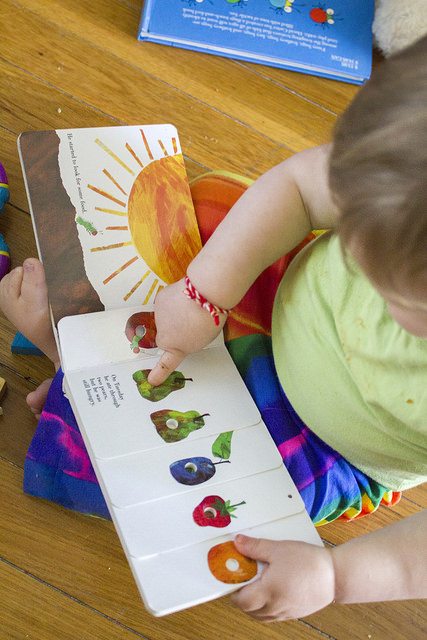Holidays and vacations are a great opportunity to rest, recharge and explore the U.S.

Memorial Day Weekend (last weekend in May) is the unofficial start of summer travel season. Here are some reminders about program rules regarding holidays and vacations.
Holidays
- Host families are not required to give au pairs any specific holidays.
- Each host family will make different arrangements on holidays, some au pairs will be off and others will be required to work.
- As holidays approach, it is helpful for host parents to let their au pair know if they will be off or not, so plans may be made.
- Au pairs should not make plans for holidays without checking with their host family first.
Vacations
- Au pairs earns 2 weeks of paid vacation during the course of their year.
- If the 2 weeks is taken in smaller pieces (a few days at a time), it’s important to know that 2 weeks vacation does not equal 14 vacation days. This is because you would never work 7 days in a week. When you get a week off, it’s 5 vacation days and your 2 regular days off. That means 2 weeks of vacation = 10 vacation days plus 4 regular days off.
- Vacation time should be mutually agreed upon.
- All vacations should be preplanned (at least 4 weeks in advance).
- All au pair’s friends and/or family visits/vacations should be pre-approved prior to purchasing tickets.
- If au pairs travel with their host family, it should be discussed in advance whether this is the au pair’s vacation or if they’re working.
- If au pairs travel with their host family to work, the host family is required to pay for the au pair’s transportation, lodging and meals.
Travel Outside the U.S.
- Au pairs in year one, are allowed to travel outside of the U.S. and return, however there are some important steps to take.
- Au pairs must have their DS2019 signed (travel validation) PRIOR to their departure from the US.
- More information and the travel validation request form may be found here on our cluster resource site.
- It is essential that au pairs make their travel plans to return to the U.S. at least a few weeks prior to the expiration date listed on their visa. This date can sometimes be earlier than their actual year end date.
- There is always some risk with traveling outside of the U.S., as your re-entry is at the discretion of the port of entry agent.
- There are limitations on travel outside of the U.S. for au pairs in year two. Please speak with Christine or Lisa, prior to making travel plans.
Photo: Canva.com










